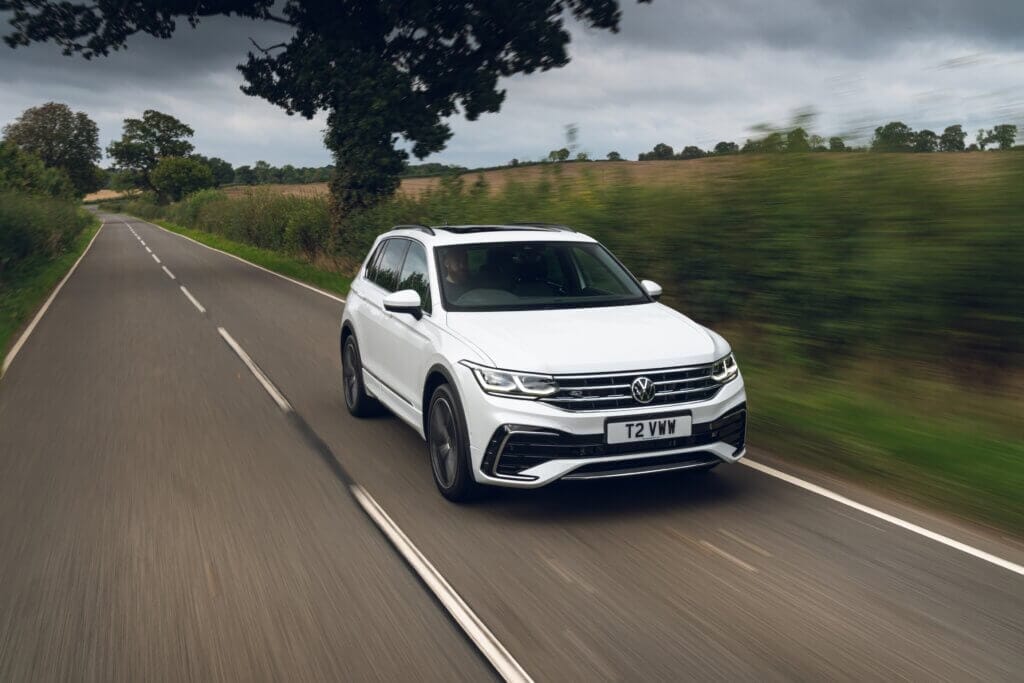Deciding whether to sell your car or not can be difficult and with lots of factors to consider. When deciding whether to sell your car, it’s important to weigh up the financial aspects and potential lifestyle changes that may come into play. You need to consider factors such as the cost of upkeep, your transportation needs, and any upcoming life changes that could impact your decision.
In this guide, we’ll be taking a look at some of the key signs which suggest it might be time to sell your car to help you make a well-informed choice.



